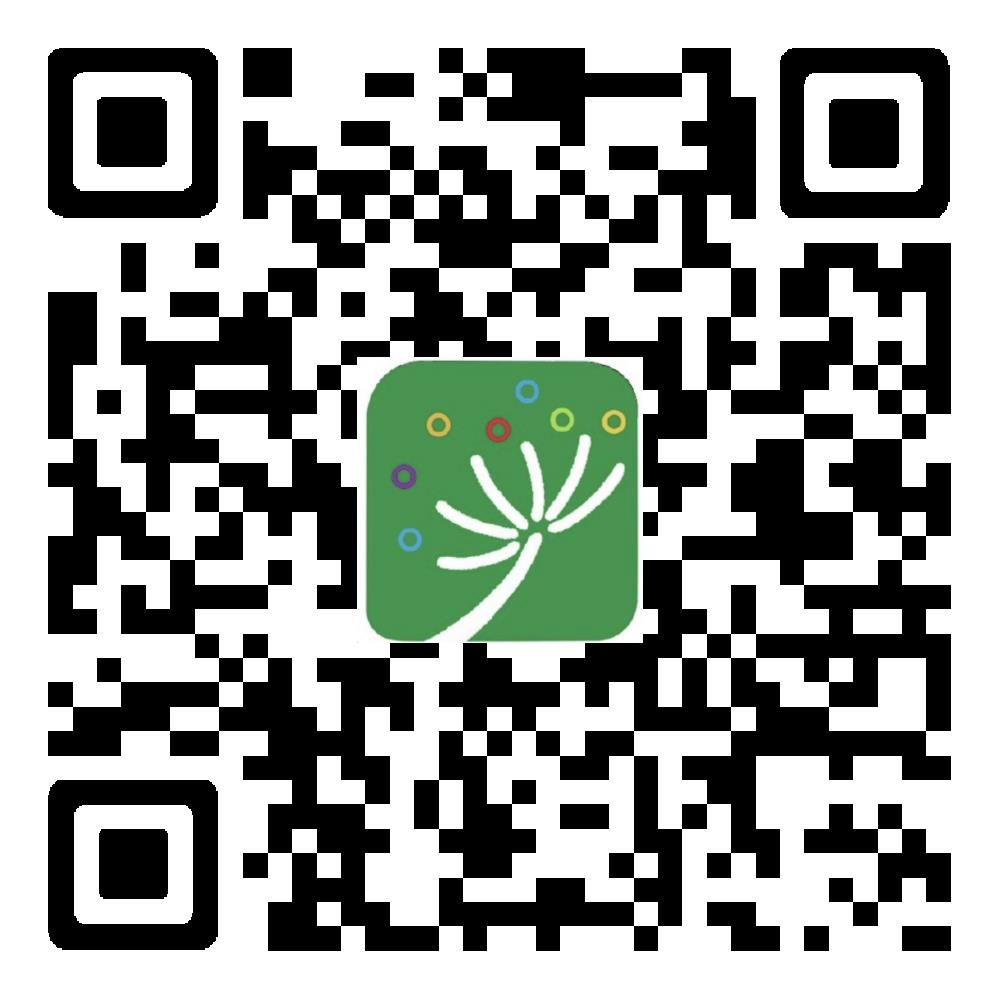The 2024 World Digital Education Conference (WDEC), jointly organized by the Ministry of Education (MOE), the Chinese National Commission for UNESCO, and the Shanghai Municipal People’s Government, kicked off in Shanghai on Jan. 30. Chen Jining, Secretary of the Shanghai CPC Municipal Committee, and Cai Dafeng, Vice Chairman of the Standing Committee of the National People’s Congress, attended the opening ceremony and delivered speeches. Education Minister Huai Jinpeng hosted the ceremony and gave a keynote speech entitled “Working Together to Promote Application, Sharing and Innovation in Digital Education” at the plenary meeting.
Chen Jining said that digital technologies are becoming a force for transformation in the field of education. He reviewed President Xi’s call for the acceleration of digital education as a means of cultivating a culture of lifelong learning across society. He noted that Shanghai, as an economic powerhouse in China, has adopted a development strategy that prioritizes scientific research and education among other things. According to Chen, the city is seeking to improve digital education in multiple areas. Specifically, it is exploring more innovative smart applications in education by utilizing big data and AI; making digital education more inclusive by increasing accessibility to quality education resources and promoting reform in educational philosophy and talent cultivation; facilitating the sharing of standards, good practices, and resources concerning digital education; and strengthening the protection of intellectual property rights, digital safety, and the prevention of digital-related ethical risks.
Cai Dafeng said that China is speeding up the integration of digital technologies and education so that technological advances can be used to empower classroom teaching, self-guided learning, school governance, educational innovation, and international exchange. He said that digital education would bolster the modernization of the education system, thus promoting well-rounded education and high-quality economic and social development. He also noted that China would continue to support UNESCO’s leading role in global educational transformation and promote STEM education worldwide through the development of the UNESCO International Institute for STEM Education (IISTEM).
Minister Huai noted that, over the past year since the first WDEC in 2023, countries across the globe have formed a growing consensus on promoting digital education and have taken more powerful actions to enable this transformation. He added that China is pooling resources to develop large-scale smart applications that can significantly increase the number of excellent courses, the coverage of digital resources, and quality of public services. He also said that China would build global cooperation platforms for digital education so as to contribute to the implementation of international development, security, and cultural initiatives.
In her speech, Simona-Mirela Miculescu, President of the 42nd General Conference of UNESCO, noted that digital education is a powerful force for improving learning quality, increasing inclusiveness, addressing global challenges, and enhancing implementation of the 2030 Agenda for Sustainable Development. She called on countries to provide more open and free public digital learning platforms, covering all learners, especially disabled people, girls, and women. She also expressed hope that such platforms would use new technologies such as generative AI and would continuously improve the quality of their content. She stressed that IISTEM, a UNESCO category 1 institute, is poised to become a key platform for international cooperation in STEM education.
In parallel with the plenary meeting, which was hosted by Vice Education Minister Chen Jie, a variety of activities were held, including an event honoring the establishment of the World Digital Education Alliance, and the launch ceremony for the international version of China’s National Smart Education Platform, the latter event being hosted by Vice Education Minister Wu Yan.
The conference is also the occasion for the release of various publications, including the inaugural edition of the journal Frontiers of Digital Education, the Global Digital Education Development Index, the Chinese Smart Education Development Report 2023, a compilation of digital education cases worldwide, and the Shanghai Initiative for the 2024 WDEC. In addition, the conference also features an exhibition entitled “Digital Education in the Future.”
With the theme of “Digital Education: Application, Sharing, and Innovation,” the current conference focuses on topics including Improvement of Teachers’ Digital Literacy and Competency, Education Digitalization and Development of a Learning Society, Global Trends in Digital Education—Development and Evaluation Index, Artificial Intelligence and Digital Ethics, Challenges and Opportunities of Digital Transformation for Basic Education, and Digital Governance in Education.
Over 800 participants attended the conference, including over 400 guests from 70 countries and regions, as well as various international organizations. Special guests included high-level officials from Switzerland and other countries; senior officials from UNESCO, OECD and UNICEF; education ministers from nearly 20 countries; ambassadors to China and representatives from 40 countries and international organizations; and presidents of various famous universities.



